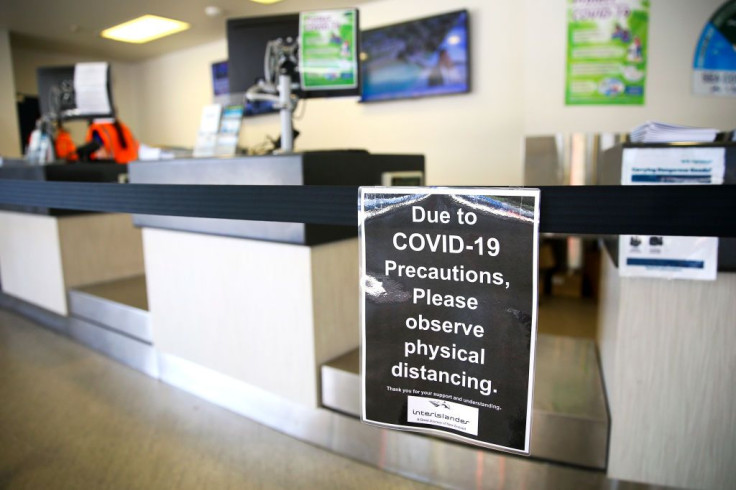
While a volley of world leaders evoked fury and hopelessness in its people, New Zealand’s Prime Minister Jacinda Ardern has been lauded for her proactive yet empathetic measures amid the global health crisis.
At present, the sovereign island country records the lowest cases per capita in the world— 12 deaths, with the rate of contagion in each of the cases tested positive not being more than one on an average. So, where did they go right? And what can the other nations learn from them, in terms of managing the pandemic and mitigating its effects?
Empathy, clarity, and trust: New Zealand worked on a model that focussed on empathy, clarity and trust in science. The government chose to not downplay the severity of the pandemic, and the early measures did the country and its people a great deal of good.
By putting the health of its people first, New Zealand finds itself at a much better place than countries with leaders who worried about how to get the economy running. “Surely, a dead or a dying population is bad for the economy,” said Ardern in a recent interview to a media outlet, implicitly stating the importance of looking out for the people and their well-being in the face of the crisis.
Ardern’s government won the confidence of its people due to a smart, well-thought-through strategy. Taking a detour from what most countries did i.e. calling “War on COVID-19”; New Zealand milked on the opportunity to bring the country together.
Arden has repeatedly called the country, “our team of five million.” Her impeccable communication skills also worked in their favor. "Jacinda [Ardern] is a brilliant communicator and an empathetic leader," said Prof Michael Baker from Otago University's Public Health Department to a media outlet.
Baker has reportedly played a key role in advising the government on its response. “But what she's said also made sense and I think people really trusted that. There's been a high level of compliance,” Baker added. Ardern was active on social media and frequently connected with users to check up on them, answer questions while striking the right balance—offering slivers of her personal life while addressing and keeping the audiences in the know about the progress in regards to the COVID outbreak.
Actions that resonated with her words: The Prime Minister recently declared that she along with her team—cabinet ministers, public service chief executives— have agreed for a 20% pay cut in the next couple of months to understand the impact of economic adversity on their people.
While New Zealand preps up to life the military lockdown by next Tuesday; Ardern reiterated that the government was in no hurry to get things back to normal for the sake of the economy and risk the current scenario and the health of its people.
Lastly, Ardern recognizes the thankless service of medical staff in her country and world over. She leaves no stone unturned in expressing gratitude to doctors, nurses and other medical professionals for their support in the challenging times. Ardern also expressed gratitude to New Zealanders for adhering to the lockdown exercises. “New Zealanders have proven themselves, and they've done so in the most incredible way,” said Ardern at a recent press briefing.
© 2025 Latin Times. All rights reserved. Do not reproduce without permission.




